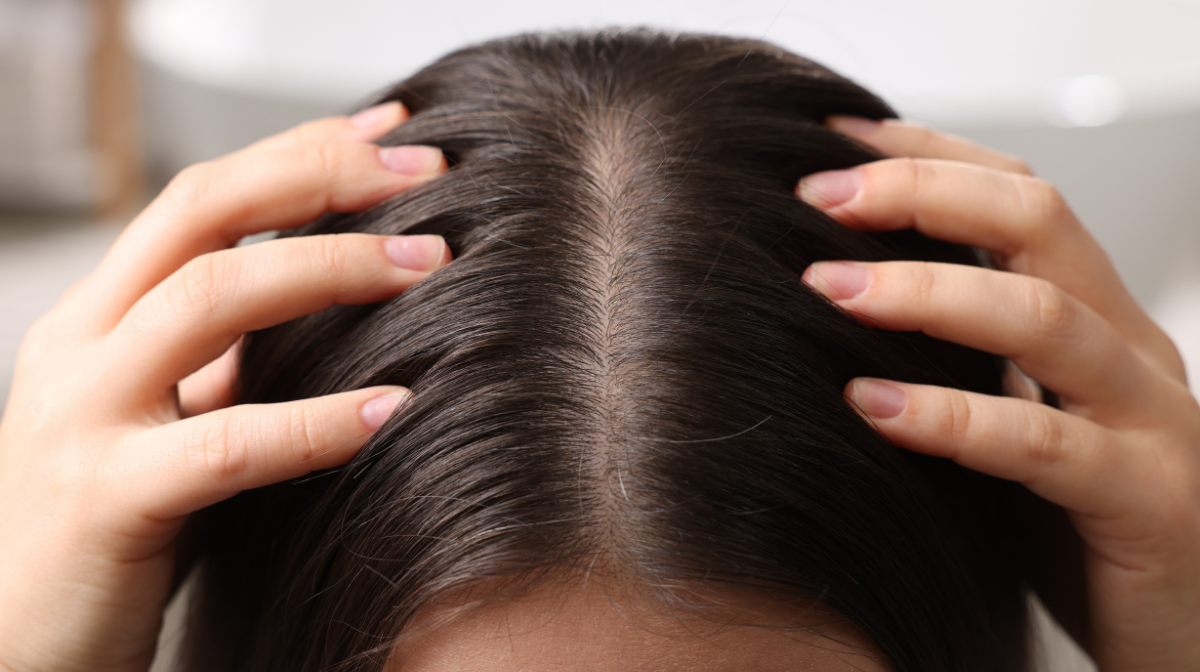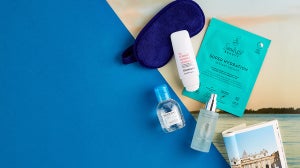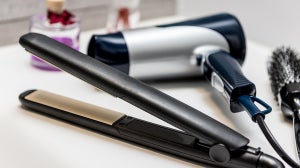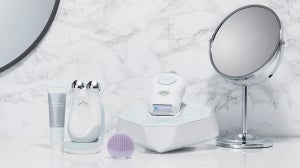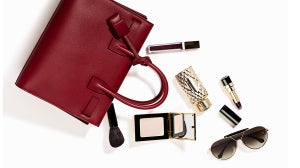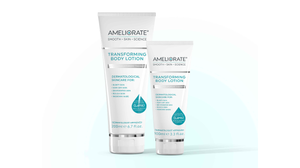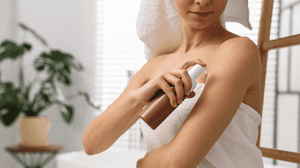
When it comes to achieving healthy-looking hair, the scalp often takes a backseat—but it shouldn't. It lays the foundations for every strand that grows out of it.
So, our in-house expert Catherine Leray, Account Head of R&D at THG LABS, gives us advice and recommendations for how to take care of your scalp, for the best results.
Expert Recommended Scalp Care Routine
Leray advises “taking care of your scalp is essential for maintaining healthy, strong hair.” She advises the following steps, to keep it in good condition.
“1. Cleansing: choose a gentle shampoo that suits your scalp type, whether it’s dry, oily, or sensitive.
This helps remove dirt, excess oil and product buildup without stripping it of its natural oils. Find a routine that works for your specific scalp needs.
2. Exfoliation: like the skin, the scalp benefits from exfoliation to remove dead skin cells and unclog follicles.
Use a physical scrub or chemical exfoliant to refresh the scalp and promote a healthy environment for your hair to thrive.
3. Moisturisation: supporting the scalp's moisture barrier is key to minimising water loss and maintaining its balance.
4. Massage: regular scalp massages, whether with your fingers or a scalp massager, could help to stimulate microcirculation and promote relaxation while potentially enhancing hair health.
5. Protection: shielding the scalp from UV rays and pollution by wearing a hat or using a UV-protectant spray when outdoors.
Note: If you experience issues such as dandruff, itching or redness, it's best to consult a dermatologist for personalised advice.”
How to Detox Your Scalp
Feeling like your scalp could use a reset? A detox could be in order.
Leray mentions that “detoxing your scalp is an important step to maintain its health, as it helps remove impurities like dead skin cells, product buildup and excess oils – all of which can clog hair follicles and negatively affect hair growth.”
Our expert states you can either look to physical or chemical exfoliation to help achieve your desired results.
Leray mentions that “using a gentle scrub with ingredients like sugar or salt can help lift away dirt and buildup on the surface.
However, for a deeper detox, using a chemical exfoliant such as salicylic or lactic acid could be more suitable.”
How to Care for a Dry Scalp
First things first, Leray states that “it’s important to address the misconception that a dry scalp is the primary cause of dandruff. Contrary to popular belief, research shows that people with this actually tend to have more active sebaceous glands.”
She states “true dryness is rare, as the scalp has a high density of sebaceous glands that produce sebum to keep it hydrated. So, what appears to be a flakiness, is often caused by other underlying factors, such as atopic dermatitis.”
She highlights that “factors like harsh products, frequent heat styling and environmental conditions can also worsen this.”
THG LABS suggest supporting it through “strengthening the skin barrier, which could help to protect against external aggressors and water loss.”
To do this, a multifactorial approach is needed. Leray recommends gentle shampoos that won’t overly strip the scalp – suggesting ingredients like “salicylic acid to gently exfoliate and piroctone olamine to reduce flakiness.”
She notes “exfoliating serums containing lactic acid may also help to gently resurface the area, effectively clearing dead skin cells and excess buildup.”
How to Care for an Oily Scalp
Our expert notes “an oily scalp is often due to overactive sebaceous glands producing too much sebum, which leads to a greasy appearance, clogged follicles and potential irritation.
She states, “factors such as hormonal changes, stress and diet can also exacerbate this.”
To help ease the symptoms, our expert suggests using a gentle clarifying shampoo as “milder formulas, infused with salicylic acid or willow bark extract, could help to rebalance oil levels.”
Exfoliating Treatments are also recommended, noting “flaky or oily scalps require regular exfoliation to remove buildup effectively.” Whether it’s with physical or chemical agents, choose a formula that works for you.
Taking care of your scalp doesn’t have to be complicated, but a little attention goes a long way. From gentle cleansing to exfoliation, a well-rounded routine could help to set the foundation for healthier-looking hair.
Now you know how to look after your scalp, explore the causes of dry hair, so you can begin to nurture your strands back to their best.

